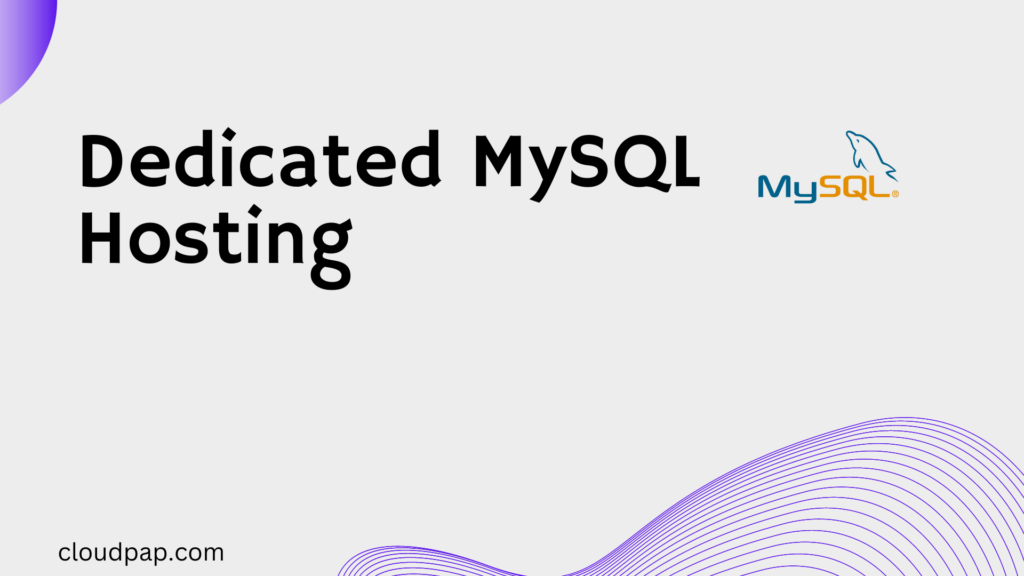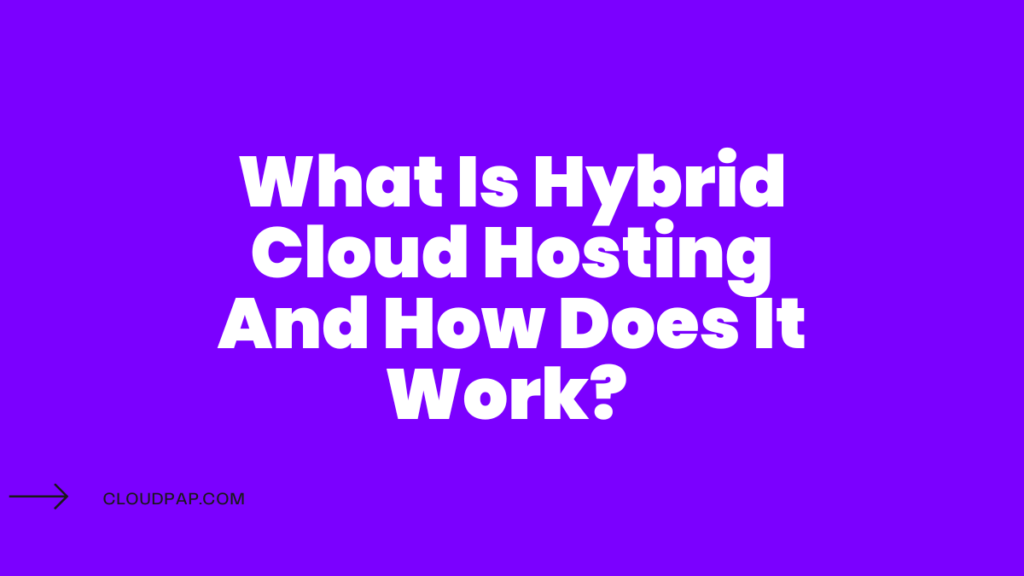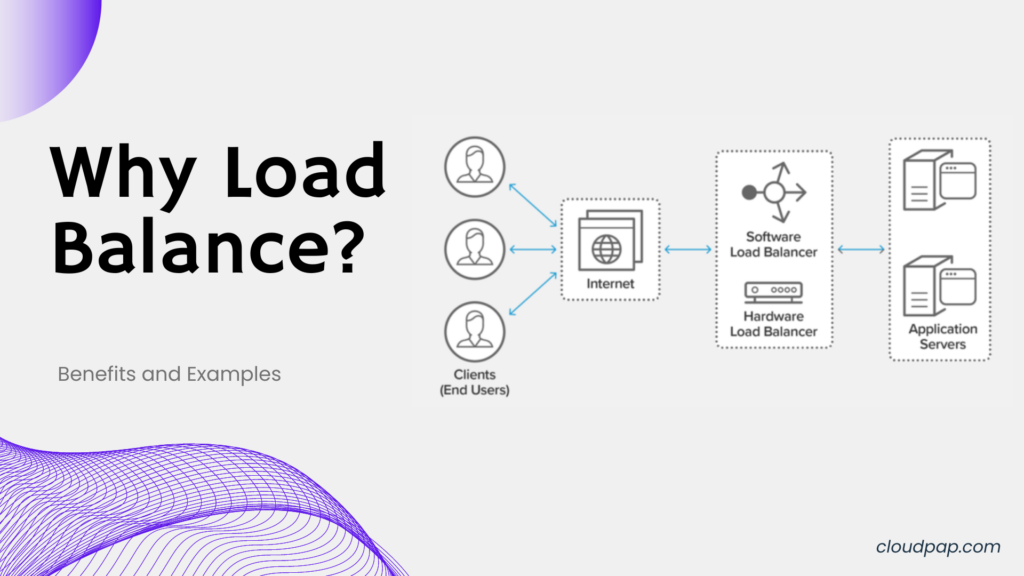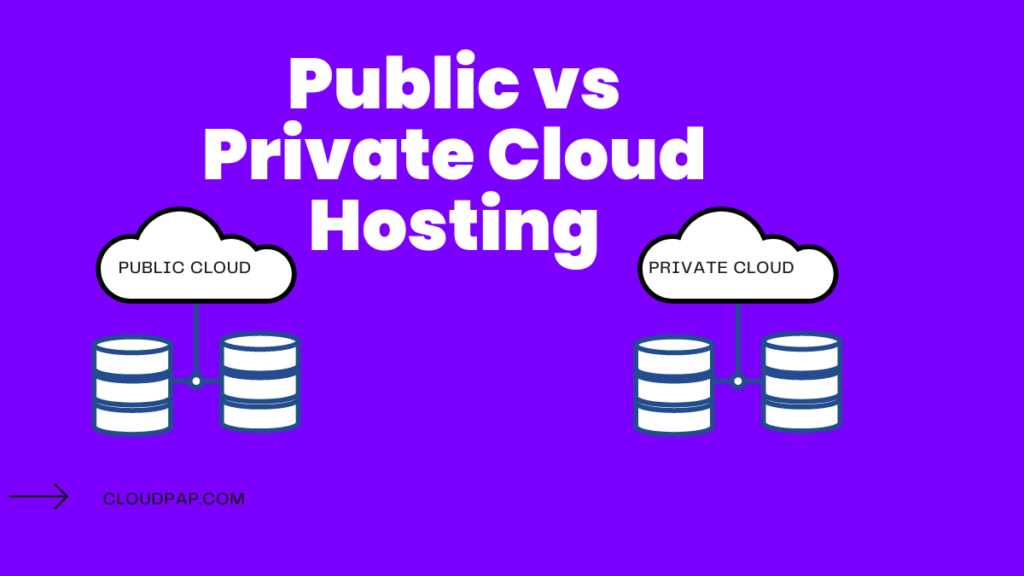Introduction
When it comes to hosting your website or application, a Virtual Private Server (VPS) is an excellent option that provides more control, security, and scalability compared to shared hosting. However, with numerous hosting providers and a wide range of plans available, choosing the perfect VPS hosting plan can be a daunting task. Yet, it is a crucial one to avoid a lot of pain while trying to kick off your startup or project as a developer. In this comprehensive guide, we will walk you through the essential factors to consider when choosing a VPS hosting plan, ensuring that you make an informed decision.
7 Factors to Consider When Choosing the Perfect VPS Hosting Plan
1. Understand Your Hosting Needs
Before diving into the details of different VPS hosting plans, it’s crucial to understand your specific hosting requirements. Consider the following questions:
a. What traffic do you expect on your website or application? This can be measured in terms of number of visitors per period of time, say per day. Or number of concurrent users logged in.
b. Which operating system do you need? Is it Linux or Windows. Most applications or websites use Linux based Operating Systems such as Ubuntu, CentOS, Fedora and Debian. Some specific software like MSSQL or ASP.NET require use of Windows based VPS.
c. What is your Technical Expertise? Asses your ability to manage or configure your server. Based on your findings, you can consider managed or unmanaged VPS Hosting.
2. Managed vs. Unmanaged VPS Hosting
Managed and unmanaged VPS hosting differ in terms of the level of technical support and server management provided by the host.
a. Managed VPS Hosting: With managed hosting, the hosting provider takes care of server management tasks such as initial configuration, software updates, security patches, backups, and monitoring. This option is ideal for those without extensive technical knowledge or who prefer to focus on their core business rather than server management.
b. Unmanaged VPS Hosting: Unmanaged hosting requires you to have advanced technical skills or a dedicated IT team to handle server administration. You have full control over the server but are responsible for tasks like software installations, security, updates, and backups.
3. Performance and Scalability
The performance of your website or application is crucial for a positive user experience. Consider the following factors when evaluating performance and scalability:
a. Hardware Specifications: Examine the server’s hardware specifications, including the CPU type, cores, RAM, and storage technology (SSD or HDD). Higher specifications generally result in better performance.
b. Data Center Locations: Choose a hosting provider that offers data centers in locations geographically closer to your target audience. This reduces latency and improves loading speeds.
c. Scalability Options: Check if the hosting provider offers flexible scaling options, such as the ability to upgrade resources (CPU, RAM, storage) as your website or application grows.
4. Reliability and Uptime Guarantee
A reliable hosting provider ensures that your website or application is accessible to users round the clock. Look for the following factors to assess reliability:
a. Uptime Guarantee: A reputable hosting provider should offer an uptime guarantee, ideally 99.9% or higher. This ensures minimal downtime and uninterrupted service.
b. Redundancy and Backups: Find out if the hosting provider has redundant systems in place, such as backup power supplies, multiple network connections, and regular data backups. This helps protect your data and ensure continuous availability.
5. Security Measures
The security of your website or application is of utmost importance. Evaluate the following security measures offered by the hosting provider:
a. Firewall and DDoS Protection: Look for a hosting plan that includes a firewall and robust DDoS protection to safeguard your server and prevent malicious attacks.
b. Server Monitoring: Ensure the hosting provider has proactive server monitoring to detect and address any security vulnerabilities or suspicious activities promptly.
There are other security considerations you must implement on your application level. Bit the above should be provided by the host, even if they come at an extra cost.
6. Customer Support
Prompt and reliable customer support is essential, especially during critical situations or technical issues. Consider the following aspects when evaluating customer support:
a. Support Channels: Determine the available support channels such as live chat, email, phone, or ticketing system. Look for 24/7 support, as server issues can arise at any time.
b. Response Time: Check reviews or ask for recommendations regarding the hosting provider’s response time to ensure timely assistance.
c. Knowledge Base and Resources: A comprehensive knowledge base and helpful resources such as tutorials, documentation, and community forums can assist you in troubleshooting common issues or learning new skills.
7. Pricing and Value for Money
While pricing is a crucial factor, it’s important to consider the overall value for money rather than focusing solely on the cheapest option. Compare the following aspects to assess the pricing and value:
a. Plan Features: Evaluate the features and resources offered in each plan, such as CPU cores, RAM, storage, bandwidth, and the number of websites or applications you can host.
b. Renewal Prices: Check if the hosting provider offers affordable renewal prices or if there are significant price hikes after the initial billing period.
c. Additional Services and Add-ons: Determine if there are any additional services or add-ons provided. This may include domain registration, hosting, features such as ability to create private networks etc.
Cloudpap Provides the Perfect VPS Hosting Plan
Cloudpap is a robust cloud solution with all of the above features well provided. The additional value we provide to our clients are:
- – Affordable pricing. We utilise the best software solutions and custom create our own solutions to reduce the cost of production. This means, our clients will get to benefit from the lower purchase cost, even though the solutions provided are superior to most other providers.
- – 24/07 customer support. We understand developers work round the clock and we are available all day long to ensure we help you in your journey. We also have an ever growing customer support knowledge base to make sure we cover as many scenarios as possible for our customers.
- – Anti-DDOS protection is provided for free. It is clear to us that any application online will experience denial of service attacks. As such, we provide Anti-DDOS protection free of charge and apply it to all our solutions.
- – Several value addons. Cloudpap creates a perfect eco-system where you can get everything you require – from domain registration to zero-configuration backup solution for your website or application’s
Conclusion
In conclusion, choosing the right VPS hosting plan is an important decesion for any project. It saves you a lot of back and forth trying to get your solution to work. By following this comprehensive guide and considering the factors outlined, you’ll be equipped to make a well-informed decision when selecting the right VPS hosting plan, ultimately setting your online presence up for success.






